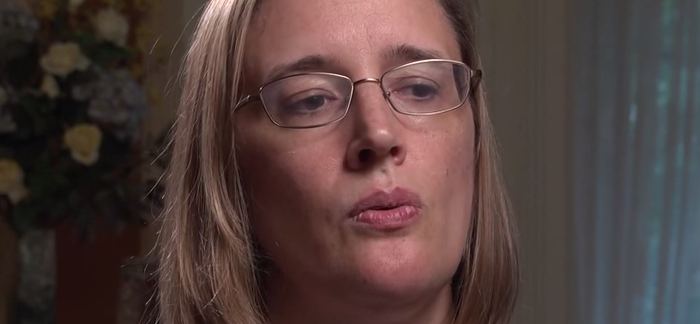Numerous societies have associated the taking of one’s own life as a measure of their morality. In the United States, the courts have consistently ruled that no one has an actual “right” to die. Because of this, physician assisted suicide is outlawed throughout most of the world. Only a handful of states and countries have legalized the process.
Many people still picture Dr. Jack Kevorkian as the standard for how physician assisted suicides work, but that isn’t actually true. If a person has a terminal diagnosis and chooses in their right mind to die, then their doctor, with a second opinion also required, may write a fatal prescription for that person who wants to die. There are some definite pros and cons to physician assisted suicide – let’s take a look.
The Pros of Physician Assisted Suicide
The main benefit of physician assisted suicide is that people are able to die in a way that is on their own terms instead of the terms of their disease. They can choose to be surrounded by family and friends, have their favorite music playing, and enjoy the sights and sounds of their chosen final moments. With plans in place, everyone can prepare for the final outcome and this makes the stages of grief easier to handle for everyone involved.
Many terminal diseases cause a lot of pain as death nears. That pain can also turn into large fears because that person knows that death is looming. Although many would count it a privilege to care for someone during these last “natural” days, there is no accounting for the immense pain that someone feels. The lethal prescription eliminates the pain, sedates the body, and death becomes more like sleep than torture.
The Cons of Physician Assisted Suicide
As with any death, there will be grief involved. Because of deeply held spiritual beliefs, sometimes survivors will feel like the action of a physician assisted suicide is selfish or even “sinful.” This perspective has a lifelong affect on that person and they may harbor resentment. No one knows if an afterlife exists, so this negative is more about personal perspective than anything else.
Sometimes what is deemed to be a lethal prescription ends up not being so lethal. Although rare, people have taken the prescription as ordered, followed instructions, and woke up a day or two later because the drug did not have the intended effect.
What remains with physician assisted suicide is a stigma. It isn’t required. It is fully voluntary, especially in the United States. Most people do not actually choose this option. In Oregon, where it has been legal for more than a decade, fewer than 1,000 people so far have taken this option. Losing a loved one is difficult and always will be. The question that must be asked is this: do we as a society allow people to leave on their own terms? Or if someone truly wants to die, are we going to make them step in front of a moving train to do so?




